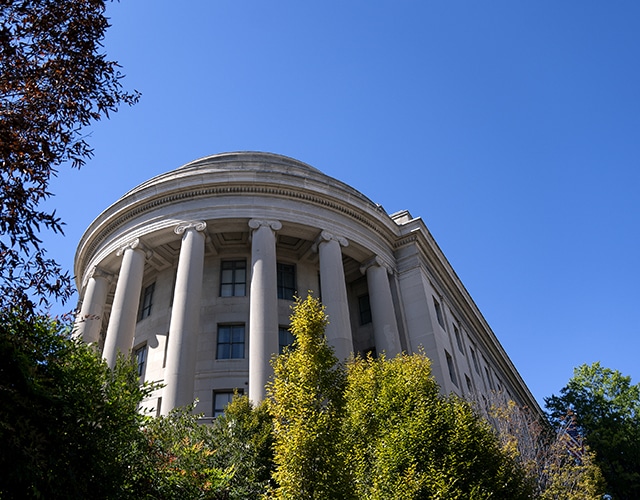A federal judge has upheld a challenge to the Federal Trade Commission’s ban on noncompete agreements, blocking it from taking effect in September as scheduled.
Judge Ada Brown of U.S. District Court for the Northern District of Texas on Aug. 20 ruled that the antitrust agency lacked authority to issue substantive rules related to unfair methods of competition, including the noncompete rule, which would have prohibited companies from restricting their employees’ ability to work for rivals.
The push to adopt the rule is part of the Biden administration’s effort to crack down on practices that regulators argue are anticompetitive, unfairly constraining workers.
Brown had temporarily blocked the ban in July. Her decision on Aug. 20 renders that injunction permanent, and nationwide in scope.
Banning noncompete agreements would increase workers’ earnings by at least $400 billion over the next decade, the FTC has estimated. The agreements affect roughly 1 in 5 American workers, or around 30 million people, according to the agency, whose purview includes antitrust and consumer protection issues.
Victoria Graham, an FTC spokesperson, said the agency was disappointed by Brown’s decision and would “keep fighting to stop noncompetes that restrict the economic liberty of hardworking Americans, hamper economic growth, limit innovation and depress wages.”
“We are seriously considering a potential appeal, and today’s decision does not prevent the FTC from addressing noncompetes through case-by-case enforcement actions,” Graham added.
A tax firm, Ryan, sued to block the rule just hours after the FTC voted 3-2 in April to adopt it. The U.S. Chamber of Commerce later joined the case as a plaintiff, as did the Business Roundtable and two Texas business groups.
The Chamber of Commerce and other groups have asserted that the FTC lacks constitutional and statutory authority to adopt the rule, with Ryan calling it “arbitrary, capricious and otherwise unlawful” — a position with which Brown agreed. Business groups have also argued that the ban would limit their ability to protect trade secrets and confidential information.
In response to Brown’s ruling, G. Brint Ryan, CEO of Ryan, called the rule “continuing overreach and overregulation” by the federal government, adding that the firm was “happy we were able to successfully stop the overreach in this instance.”
But the three Democrats on the five-member FTC maintain that it can legally issue rules defining unfair methods of competition under the Federal Trade Commission Act of 1914, the law that created the agency.
In a separate case, a federal judge in Pennsylvania declined last month to block the rule. Diverging rulings on the fate of the ban could leave the door open to review by higher courts.
“Many businesses will welcome the reprieve, but the uncertainty continues as the fight now moves to the appellate courts,” said Kevin Goldstein, an antitrust partner at Winston & Strawn.
c.2024 The New York Times Company. This article originally appeared in The New York Times.







